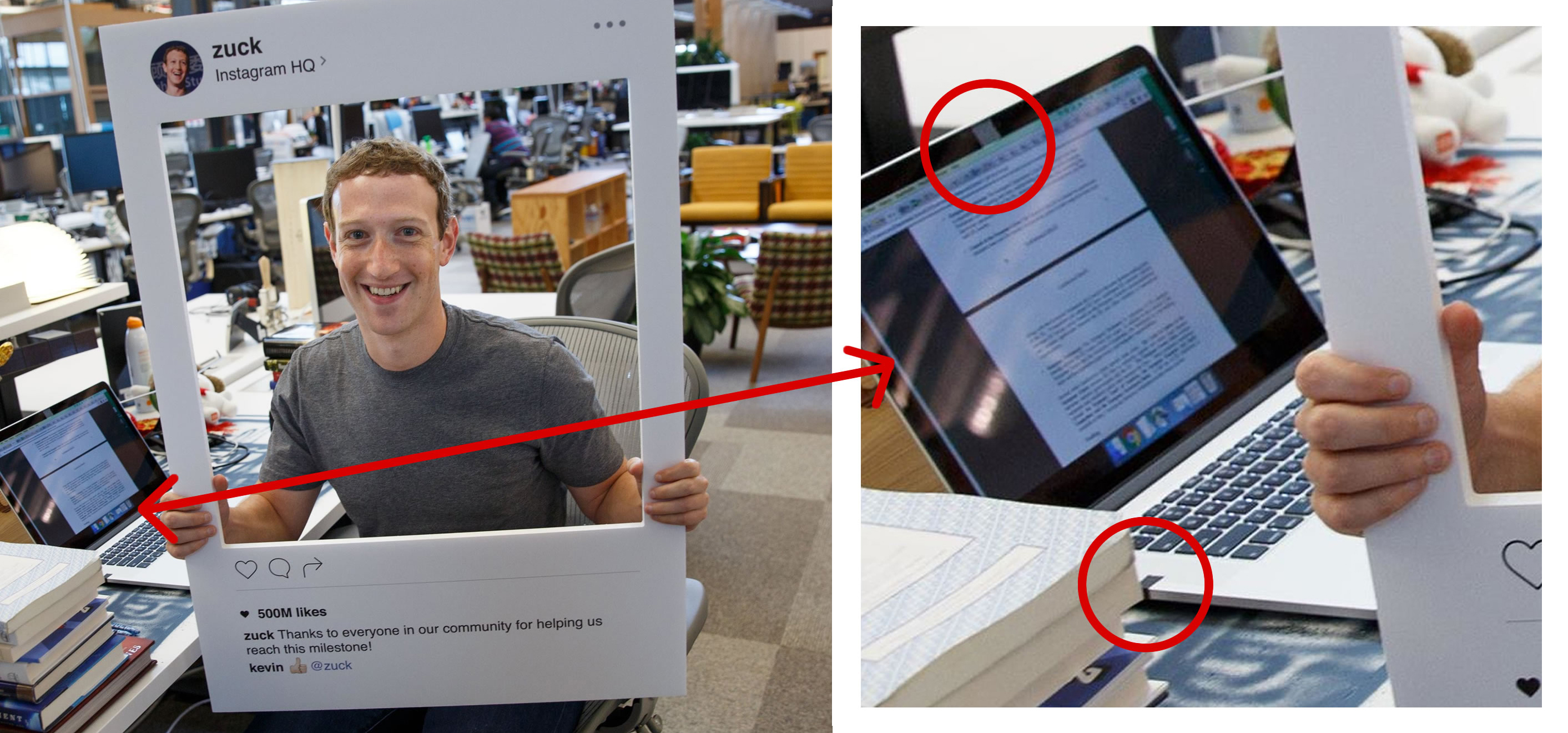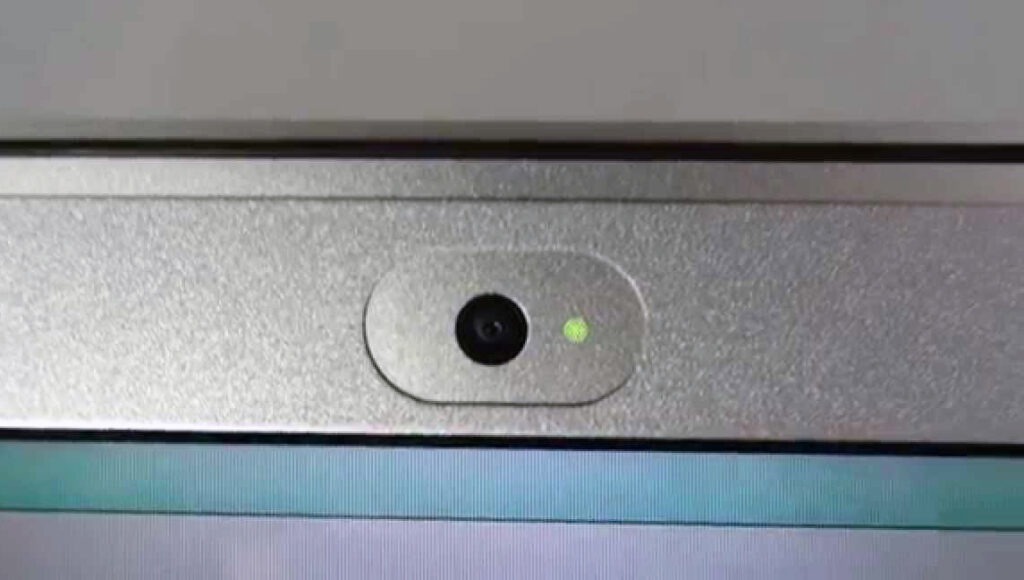Nowadays, most of our devices have built-in cameras: smartphones, tablets, laptops and desktop computers. This has created a new privacy breach that most people are not aware of. It’s not paranoia; hackers can be using your digital cameras to spy on you.
When Facebook’s CEO, Mark Zuckerberg, shared a photo of himself that included his desk and laptop, many people noticed that both the webcam (iSight) and the microphone of his MacBook were taped. More recently, the FBI director James Comey confirmed that in any government office all computers have their webcams covered, and it is a common practice among security experts, both in office and at home.
It might seem an extreme measure, but there is certain risk of being spied through your own laptop. Skilled hackers can use malware or spyware to have access your computer resources and control them. Once under their control, they are able to watch your home every time the computer is on. Some of them do it out of curiosity or perversion, others with the intention of getting intimate videos for blackmailing.

The risk is high because even people without programming knowledge can get software online that allows them to control computers remotely. This software, commonly known as “backdoor” or “trojan”, can be delivered to a victim by email or through a social network. It only requires one click from the unsuspected victim for the software to install in the target device.
Having an antivirus and antispyware software up to date in our devices is necessary but not always enough as a precaution for this kind of attacks, and that is the reason why so many experts also choose to cover their webcams.
As much as we want to keep our privacy, blocking our webcams permanently might not be an attractive idea because sooner or later we will might need to use them for a video call. For this reason, some people choose to buy small webcam lids that easily cover and uncover the webcam as desired. They can be used on any device; laptops, desktops, smartphones and tablets.

